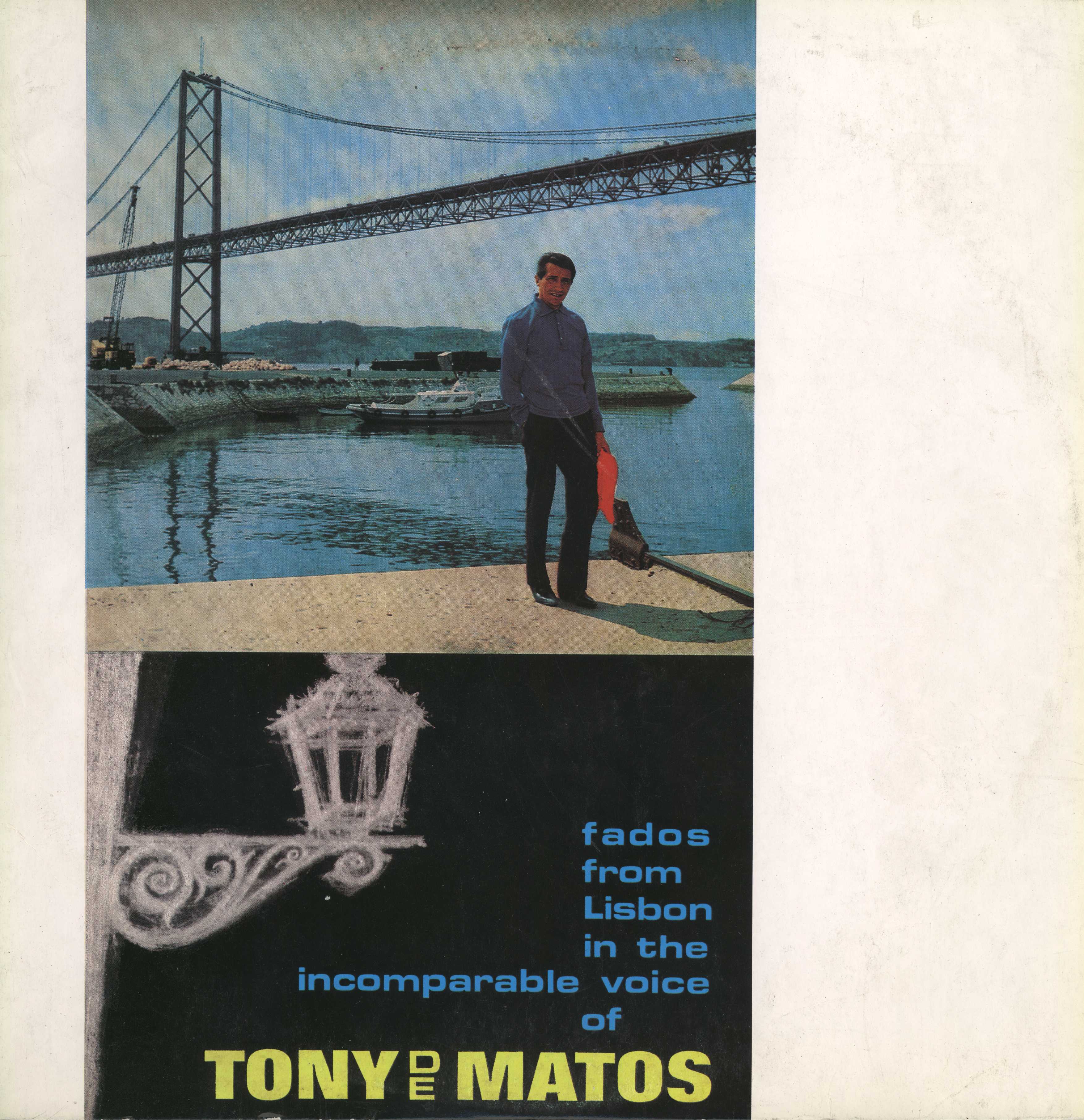Know more:
Raul Nery
(N. 10 January, 1921 - M. 14 June, 2012)His full name was Raúl Filipe Nery. He was born in Lisbon, at Santa Engrácia, on the 10 January 1921. Raul Nery reveals a great musical vocation from a young age. He is initially interested in the mandolin, but then became keen on the Portuguese guitar by the influence of an uncle. As a child he was taught by the father of the Portuguese guitar player Salvador Freire. At only 9 years old, he debuted playing the Portuguese guitar in public, at Teatro São Luís, in Lisbon, and shortly after he accompanied the already famous fado singer Ercília Costa. Never disregarding his academic studies, he graduated as an Engineering Technical Agent at the peak of his career as a Portuguese guitar player.
At only 17 years old (1938) Raúl Nery performed at Retiro da Severa, along with famous musicians as Armando Freire or Armandinho, Abel Negrão and Santos Moreira, at the same time Amália Rodrigues began singing at that house. Later, with Santos Moreira (Spanish guitar), he would accompany Amália Rodrigues for seven or eight years in tours throughout the country and abroad (Mainland Portugal, Azores and Madeira, Angola and Mozambique), Spain, France, England, Ireland, Switzerland, Italy, Netherlands, Belgium, Romania, United States, Canada, Brazil and the former Belgian Congo.
He accompanied Maria Teresa de Noronha for 20 years, along with the Spanish guitar player Joaquim do Vale (covinhas) – and succeeding to Fernando de Freitas in that position – accompanying Maria Teresa in her shows at the Emissora Nacional, TV and countless private parties. In the 1940s, he also accompanied the voices of Estevão Amarante, Berta Cardoso and Hermínia Silva, among many others, in several pictures related to fado and vaudeville plays. For some years he was connected to several fado houses, such as Café Luso, Adega Machado or Adega Mesquita. With Armandinho (Portuguese guitar) and Santos Moreira (Spanish guitar), he joined the permanent cast of Retiro da Severa at the end of the 1930s.
In 1954 he gets a job at the oil company Sacor (today Petrogal), as an inspector, an activity from which he is currently retired. Always combining his job as an inspector with the artistic activity, Raul Nery naturally ended up having some difficulties in combining them both, particularly when he travelled abroad, having to give up some trips, namely with Amália Rodrigues.
Heir of a Portuguese guitar tradition which comprehends Armando Augusto Freire, “Armandinho”, Salvador Freire and José Marques "Piscalarete" (from whom he gathered style features), Raúl Nery formed a Portuguese Guitar Band (Conjunto de Guitarras) in 1959; in its first phase the elements were himself (First Guitar) José Fontes Rocha (Second Guitar), Júlio Gomes (Spanish Guitar) and Joel Pina (Bass). Later, the second guitar was replaced by Carlos Gonçalves and occasionally – between 1969 and 1971 - by Pedro Caldeira Cabral, mainly for records, TV and radio shows.
He visited England and Brazil with Conjunto de Guitarras de Raul Nery, and accompanied Maria Teresa de Noronha in several performances.
For 12 years he kept a bimonthly show at Emissora Nacional, in which he performed fado compositions and popular guitar music, gaining great popular success and influencing many amateur Portuguese guitar players, such as Pedro Caldeira Cabral and Carlos Gonçalves—so they confess themselves.
On the style given by Raúl Nery to his quartet, Pedro Caldeira Cabral says: "With a conciliating character but a strong artistic personality, he knew how to carry a certain type of organization to accompanying fado, eliminating impromptus and making the passages (contracantos) a sort of coded and predictable stereotypes which were new at the time and made the second guitar role easier, originating a beautiful contrasting effect inside his band”.
The guitar bands, fashionable in late 19th century, appear in a renewed way in the 1950s "although one needs to highlight the special role played by Raúl Nery, and the organized use of two Portuguese guitars, Spanish guitar and bass, composing a true «chamber music popular group », to use the happy classification suggested by António Victorino d'Almeida."
Also according to this author: "Nery created the «fashion» of fado rhapsodies and more or less folkloric songs, creating chains with several fado melodies linked by small harmonic or melodic cadences in order to fit the time frame proposed by the radio broadcasters”.
As a solo player, he performed with the Orquestra Ligeira da Emissora Nacional, directed by maestro Joaquim Luís Gomes, and with the orchestra of Jorge Malachrino, having recorded albums with fado variations and popular music rhapsodies.
He left us hundreds of records, accompanying voices such as Maria Teresa de Noronha, Amália Rodrigues, Adelina Ramos, Lucília do Carmo, Estela Alves, Ada de Castro, Maria da Fé, Teresa Tarouca, Teresa Silva Carvalho, Carlos do Carmo, Carlos Ramos, Fernando Farinha, António Mourão, João Ferreira Rosa, Frei Hermano da Câmara, among others.
He retired soon from the activity that made him one of the greatest players of Portuguese Guitar, an unavoidable personality in the History of Fado.
In June 1999, all the elements of the Raul Nery Guitar Ensemble were honoured by Lisbon’s City Hall at Museu do Fado, in a show starring the actor João de Carvalho, the fado singers João Ferreira Rosa and Maria do Rosário Bettencourt and where Raúl Nery, José Fontes Rocha, Joel Pina and Francisco Perez performed—this last one replacing Júlio Gomes.
Sources:
Program from the 1933 show;
“The Record Mirror”, February 1, 1958;
Revista “Plateia”, 15 de February 1958;
Baptista-Bastos (1999), “Fado Falado”, Col. “Um Século de Fado”, Lisboa, Ediclube, pp.365-373.
Caldeira Cabral, (1999) “A Guitarra Portuguesa”, Col. “Um Século de Fado”, Ediclube, 1999, p. 172 e pp. 252-253.
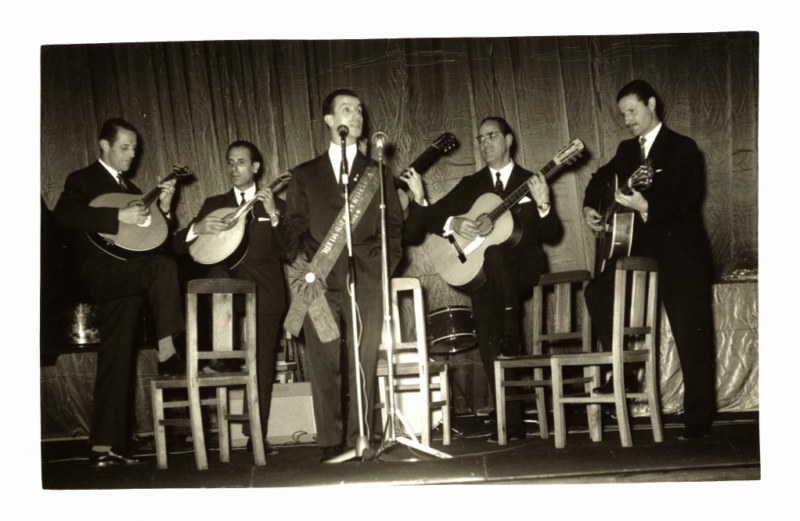
Prémio Rei da Rádio 1962 Fernando Farinha, Raul Nery, Fontes Rocha, Julio Gomes, Joel Pina Eden Teatro
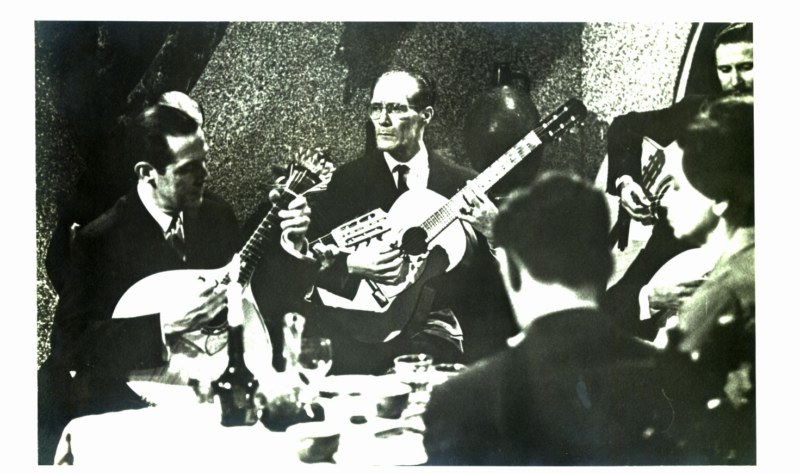
Raul Nery BBC
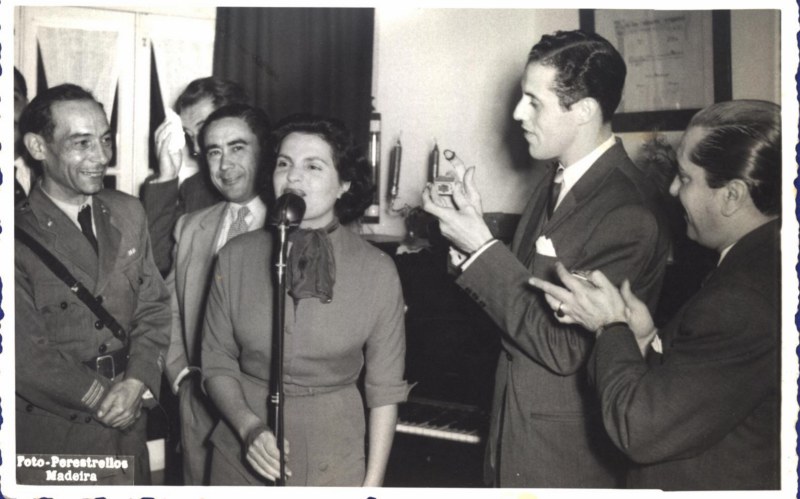
Amália Rodrigues, Raul Nery
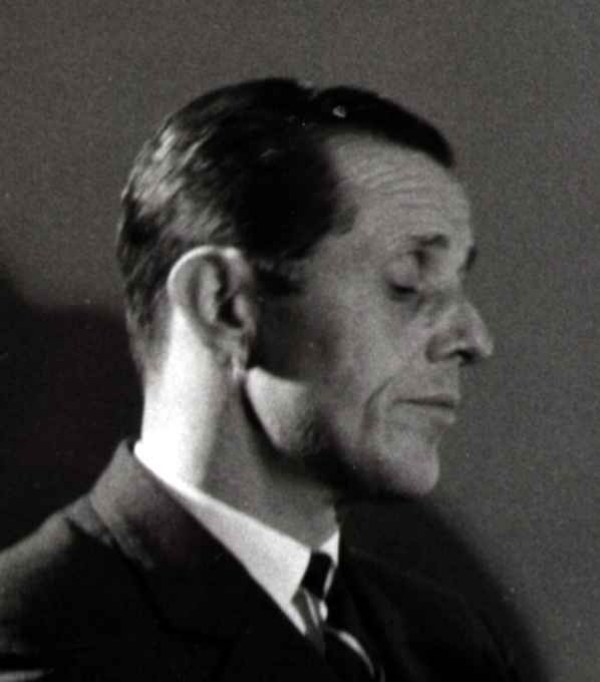
Raul Nery
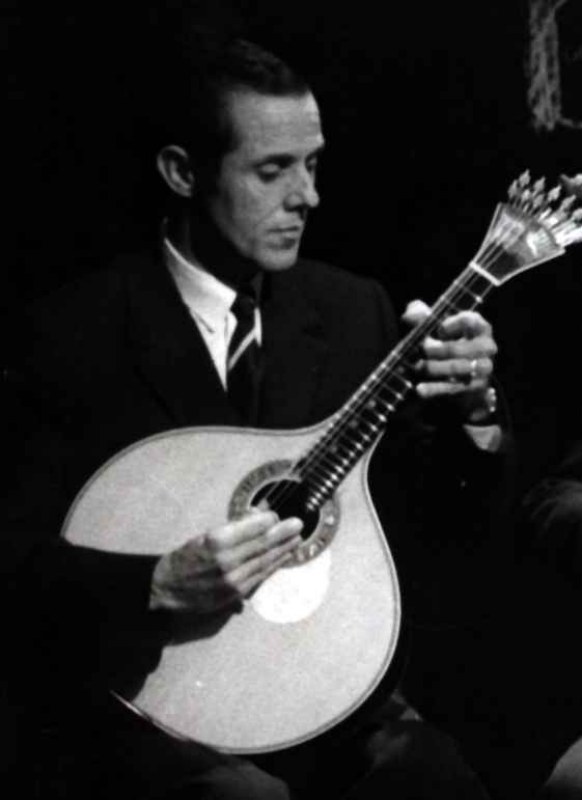
Raul Nery
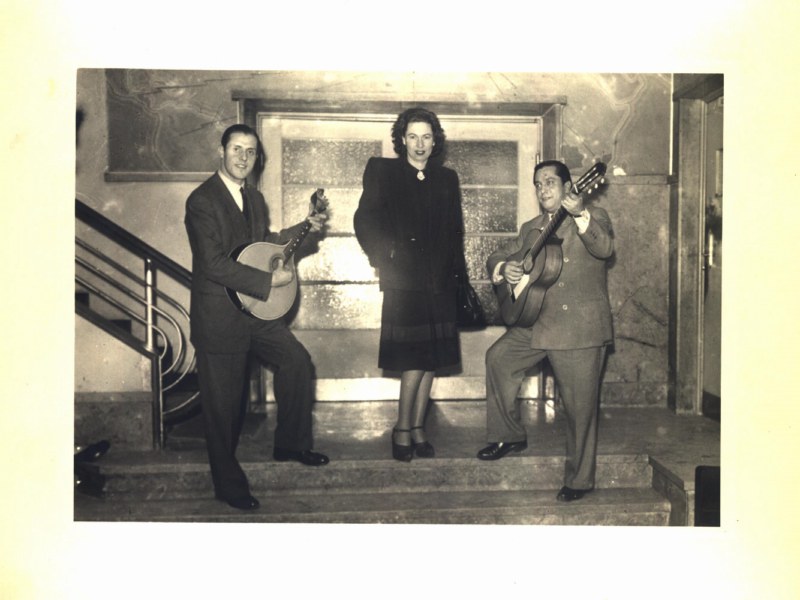
Raul Nery, Maria Teresa de Noronha, Santos Moreira
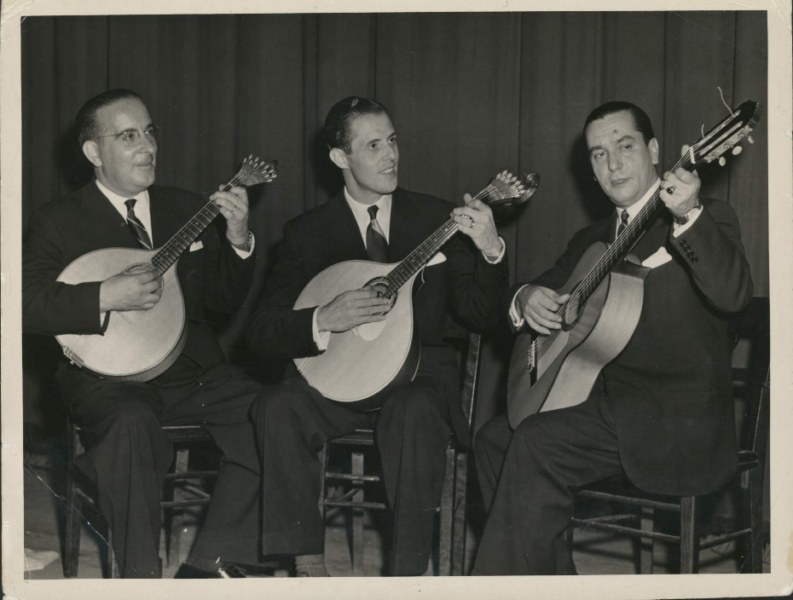
João Fernandes, Raul Nery, Santos Moreira Brasil, 1950
-
Fado das Trincheiras Conjunto de Guitarras de Raul Nery (António Melo)
-
Minha Dor Maria Teresa de Noronha (Arlete Correia / Franklim Godinho)
